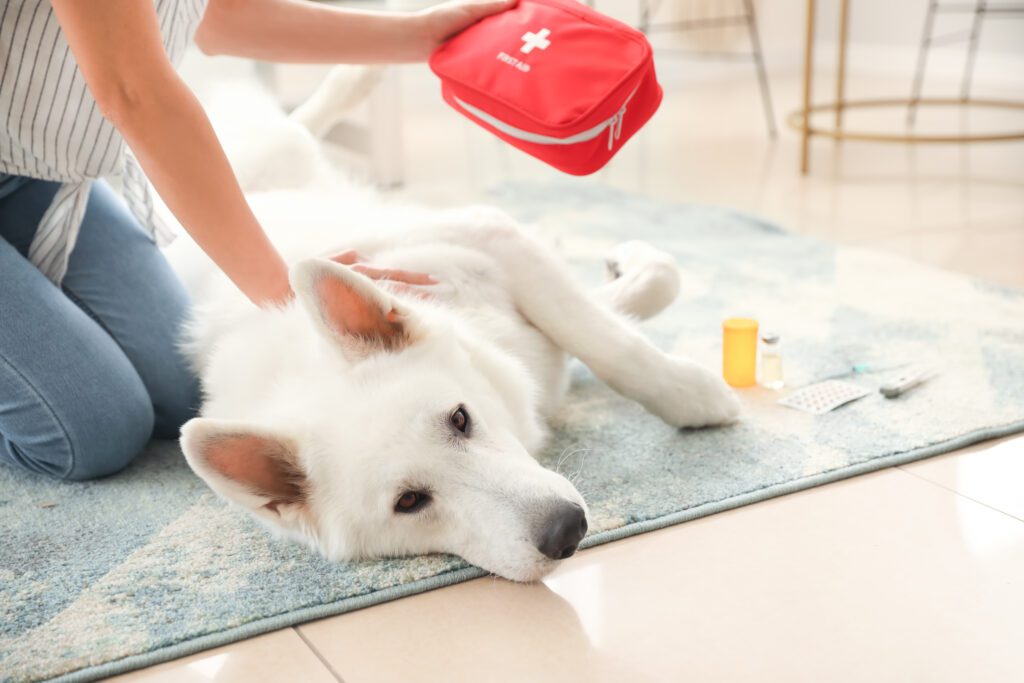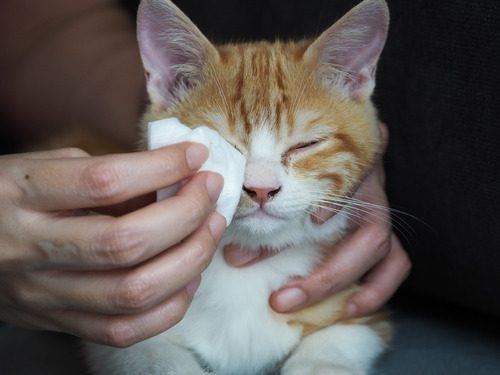Antifreeze and Pets: Keep Your Pet Safe This Winter
The Hidden Danger of Antifreeze
As winter approaches, many folks in Clifton Park start winterizing their cars and homes. But what many pet owners may not realize is that antifreeze—a common fluid used during these cold months—can be extremely dangerous to our four-legged friends. Every year, thousands of pets across the country are poisoned by antifreeze. Let’s get into why it’s so hazardous and how to keep your furry pals safe.

Why is Antifreeze So Harmful to Pets?
The Lethal Ingredient: Ethylene Glycol
One major reason antifreeze is so dangerous is because it contains ethylene glycol, a substance that’s incredibly toxic to animals. Dogs and cats are attracted to the sweet smell and taste of this chemical, but ingesting even a small amount can be fatal.
Rapid Absorption and Severe Symptoms
The worst part? Ethylene glycol gets rapidly absorbed into your pet’s system. Within 30 minutes to an hour, symptoms like vomiting, wobbly movements, and excessive drooling can appear. If you notice any of these signs, it’s crucial to get to the vet immediately. Time is of the essence, and you can’t afford to wait.
Preventing Antifreeze Poisoning
Store it Safely
The first step in prevention is proper storage. Always keep antifreeze containers tightly sealed and stored in a place where your pets can’t reach them. Better safe than sorry!
Clean Up Spills
Spills happen. But if you accidentally spill some antifreeze, make sure to clean it up immediately. Even a tiny puddle can be enticing to a pet and result in severe poisoning.
Pet-Friendly Alternatives to Antifreeze
With the risks so high, it’s worth considering pet-friendly antifreeze options. These are made with propylene glycol instead of ethylene glycol. While they’re not 100% safe, they are considerably less toxic and can offer a safer alternative for winterizing your vehicle.
What to Do if You Suspect Poisoning
Remember, if you think your pet has ingested antifreeze, don’t try any home remedies or wait for symptoms to pass. This is an emergency situation that needs immediate medical attention. Always take your pet to the vet as soon as possible.
Recent Posts
Pet First Aid: Essential Supplies for Your Pet Emergency Kit
Pet First Aid: Essential Supplies for Your Pet Emergency Kit Every pet parent wants to keep their…
Benefits of Spaying or Neutering a Cat
Benefits of Spaying or Neutering a Cat Deciding to spay or neuter your cat is a responsible…
Why Does My Cat Get Eye Boogers Everyday?
Why Does My Cat Get Eye Boogers Everyday? Cats are known for their meticulous grooming habits, but…
About Us
Originally opened as Animal Care Hospital by Dr. Mark Johnston in 1989, the hospital became Cornerstone Veterinary Hospital in 2015 when it was purchased by Drs. Alan and Lisa Knott. The name 'Cornerstone' holds a special place in their hearts, representing not only their Christian faith but also their commitment to being the cornerstone of the community in which they practice. As a family-owned and operated practice, every pet is treated as part of the family, ensuring they receive the highest standard of care. The team at Cornerstone Veterinary Hospital is dedicated to building lasting relationships with clients and their beloved pets, striving to be the cornerstone of the community in which they practice.



